By Tunji Olaopa
I have celebrated, in all my writings, the significance of my triple heritage—how my upbringing was conditioned by the confluence of the Islamic, the Christian/Western and the traditional Yoruba cultural influences. This is a fact that many homes in colonial Yorubaland were familiar with. It was not all a rosy narration as the tension that often flares in the cracks of the relationships among these religious and cultural elements conditioned children, the families and their relationships. That was exactly what happened in the evolution of my Olaopa-Olagunju family of Aawe town in Afijio LGA of Oyo State.
Aáwé, my home town, was an exemplar of the best accommodationist spirit of the Yoruba race. It was a town that had a strategy for managing differences within a secular and cultural framework. And yet, the uneasy relationship between Christianity and Islam within a traditional Yoruba cultural context prevented what could have otherwise been a beautiful marriage between Baba Adebowale Olaopa and Mama Muniratu Apinke Olagunju, the daughter of an Islamic cleric. However, while the lovebirds were prevented from solemnizing their affection in a marriage, the love had already been consummated. By the time they were forced to part ways because of religious differences, Mama Muniratu Olagunju was already pregnant with my father, Festus Adeyemo omo Adebowale Olaopa. Mama Muniratu remarried eventually, gave birth to other children including Mama Abibat Apinke who married Malam Suleman Bello from Aáwé. Their first child was Taofeek Ademola Bello.
This was a brother in whom I am well pleased. He was the closest of all my Muslim cousins and indeed my other siblings in the Olagunju clan. And I concretized that relationship by naming my son, Ademola Olaopa, after him. And this makes this eulogy one that carries a very deep weight of loss for me. The prostrate cancer that took his life was not brief. He had valiantly struggled against the disease, as he was wont to all his life, before finally capitulating. And the inevitability of that demise still did not make the death less painful for me. This is one brother I did not want to be separated from under any circumstances. Indeed, he grew into a stature that qualified him to be one of my mentors for life. He was exactly ten years older than I am, and his constant presence was a very firm and strong formative influence on my impressionable mind while growing under the loving tutelage of Mama Muniratu in Aáwé.
Brother Taofeek was street-smart and rascally in a way that all youth are usually susceptible to, especially those who had a taste of growing up in Lagos. He was full of life, intelligent, energetic, boisterous, confident, value-propelled, focused, a star-sportsman on the relay race sprints at Fidi-Grams (FGS, Fiditi), and ambitious. And yet, the complex dynamics of sociocultural formation in an extended family such as ours did not provide him with the requisite incentives to acquit himself to his fullest extent. But brother Taofeek was not one to quit easily. Within the context of his sociocultural limitations, he achieved the superlative feat in form five at Fiditi Grammar School, of qualifying to be included in the concessional admission list that got him into the prestigious University of Ibadan to study agriculture, with a specialty in soil science. That was a huge acclamation and feat for those of us toiling educationally at Aáwé. I was then in primary school, and awestruck! That singular feat easily made it possible for me, a young and aspiring lad, to include him and his friend, Adesola Ogunniyi—who later went on to become a renowned African neurologist of stature and emeritus-professor of medicine at the College of Medicine, University of Ibadan—in my growing list of mentors made up, at that point, of the famous Aáwé indigenes: Professor Latunde Odeku, Prof. Ojetunji Aboyade, Dr Adegbite, and more.
We became increasingly inseparable as we kept growing. We both graduated from being brothers to being friends. But the Yoruba are wise. The wisdom that our cultural heritage delivered for our existential reckoning are resources we often do not pay close attention to. Ogún ọmọdé ò lè ṣ’eré f’ógún ọdún (twenty children cannot socialize for twenty years). Death is always the great leveler that brings ambitions and aspirations to nought. Death separates between loved ones and leaves a void of deep loss. When Taofeek Ademola Bello finally lost the battle against prostrate cancer on 11 November 2025, and breathed his last at the age of 76, I was once again forced into a reflective engagement with life and its essence. I had grown so accustomed to having brother Taofeek at close quarters that I lost all bearing about his imminent demise.
Death always leaves a paradoxical traumatic taste in one’s mouth. And Virginia Woolf, the English modernist writer, captures it best: “Someone has to die in order that the rest of us should value life more.” That seems so cruel but so axiomatic. I suspect this is why the Bible insists that it is better to be in a house of mourning than that of feasting (Eccl. 7:2). The house of mourning, like the one we have been thrown by the departure of my brother, and cousin and friend, focuses our existential attention on what is crucial—on what counts when all is said and done. Death makes our consciousness of life even more acute. But then someone has to die. Taofeek is gone forever. And suddenly we are reflecting on what life entails for the living.
Death signals finality; a cessation of all hopes and possibilities. It leaves a very sour existential taste in the mouth. Since brother Taofeek passed, I have sat and examined the trajectory of his existence. Did he fulfill his life in the best possible ways he aspired right from the commencement of his consciousness about life itself and what could have been possible? When he laid helpless on his hospital bed and could almost feel the cancer ravaging his body, what were his thoughts? What motivated his contentment with life? Brother Taofeek was a man who accepted his station in life with almost childlike resignation and joy. So, even when he gave life his very best in terms of striving to better his lot, he was never determined by inordinate ambitions. Did he regret his resignation? Did he think he could have done more to better his lots in life?
Even though death is inscrutable in its impartiality, life can be really unfair. I think brother Taofeek deserves more in life; for someone who embodied wisdom, zest, abilities and a depth of cultural resources. I imagine growing up with all the possible exuberance and ambitious enthusiasm of youth. I imagine the zestful energies of someone who thought he could take on the entire world without breaking a sweat. That was brother Taofeek. He was taking on the world in leaps and bounds, and according to his own determinations of what he wanted. Until life began to cut him to sizes. And he recognized in time that it was futile to debate with your lots in life. He was solidly stoical in his resignation to his existential circumstances.
All these make the thought of the finality of separation even more painful. The dead can no longer be helped. When a loved one dies, especially in such a traumatic situation like the one that took the life of my brother, those left behind are filled with a deep sense of loss, and even maybe an even deeper sense of lament. We run our minds through all the possible scenarios that could have been deployed to alleviate the deceased’s pain or prevent the final departure. In my own case, that loss is a yawning void. It is a void that is not only riddled with pains and sorrows, but one filled with institutional foreboding. Even in my deep state of debilitating loss, I am still compelled to ask: in what ways does diseases like prostrate cancer, which a nation like Nigeria fails to confront, rid that same state of valuable human resources?
Death like this force even a nation to reckon with its own failures. How do death and diseases undermine a nation’s developmental drive? Governance is a potent force that has the capacity to stay off the hands of entirely needless death, like that of brother Taofeek, only if the state is proactive enough to facilitate a functional healthcare system that handles diseases proactively before it begins to ravage the minds and bodies of the citizens. Our hospitals and medical centres are not meant to be hospices where citizens go to die. On the contrary, they are meant to be sites of hope and regeneration that complement a state’s search for a human capital development that reinforces its productive forces. Every needless and unnecessary death is therefore a loss for a state. The death of brother Taofeek Ademola Bello is not just familial; it is crucially national. Policies are therefore required at the boundaries of governance and institutional reforms to ensure that the social contract the government has with its citizens involves staying the march of sicknesses and diseases on many fronts. The reign of some diseases and illnesses ought to have been ended many decades ago. Every death decimates a nation.
*Olaopa, a Professor of Public Administration, is the Chairman, Federal Civil Service Commission, Abuja



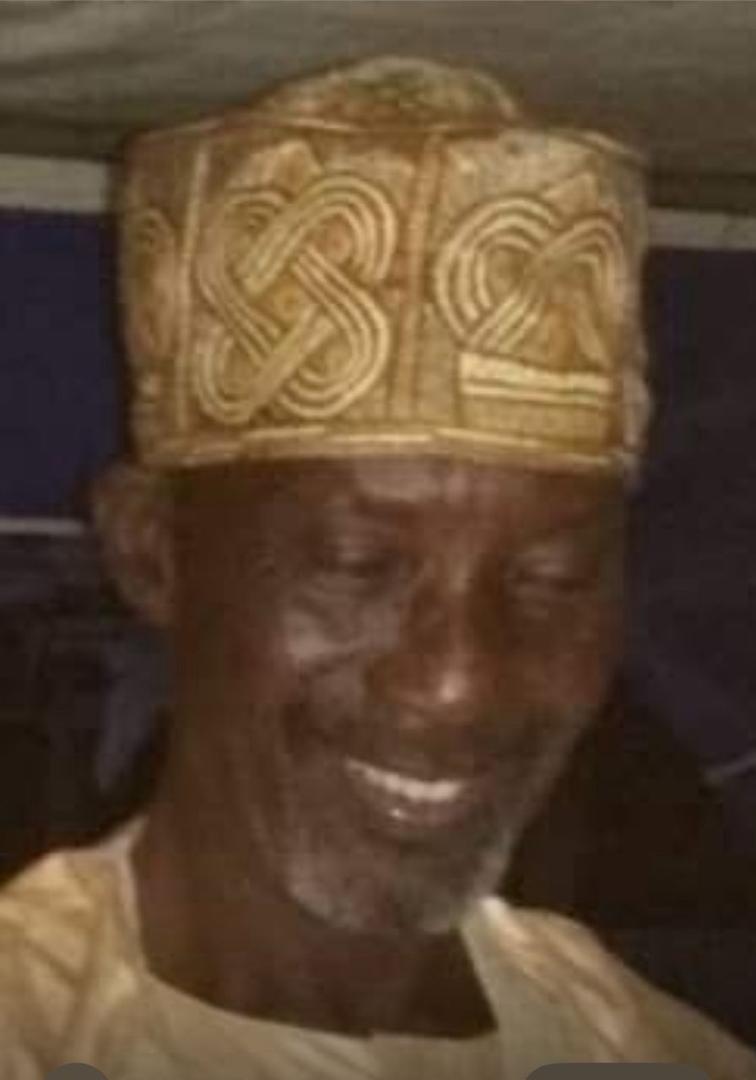

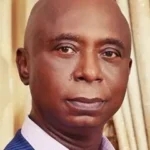
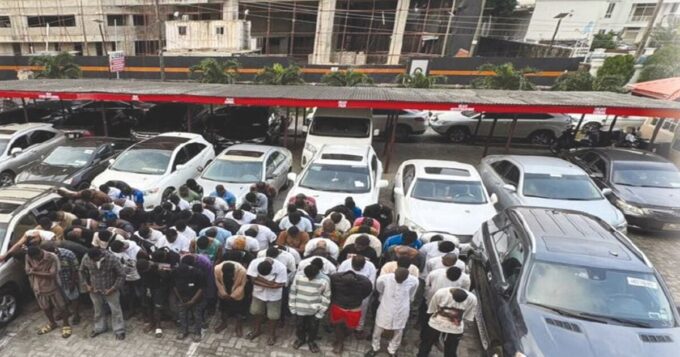

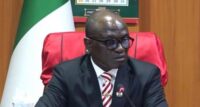
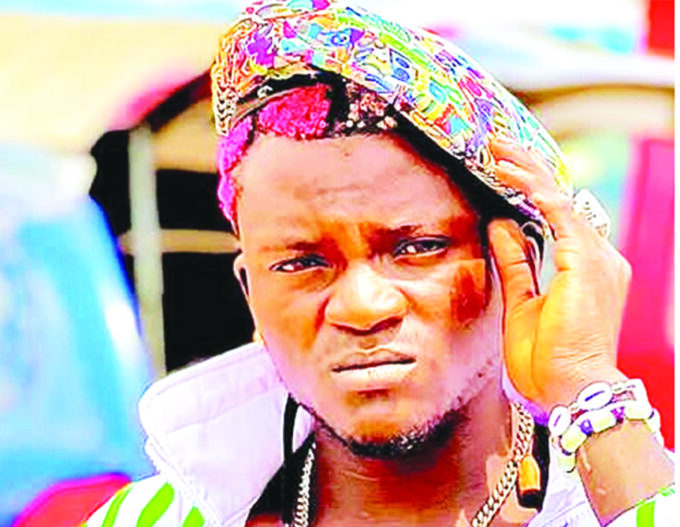
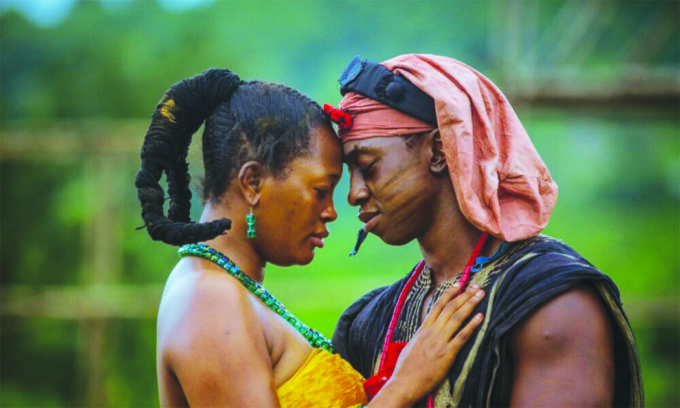

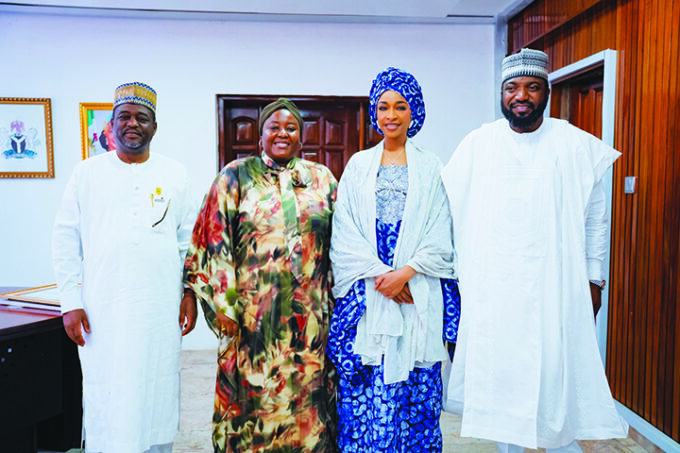


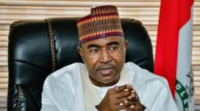
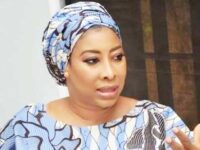

Leave a comment